Francis Ford Coppola

Francis Ford Coppola (1939 - ) is one of Hollywood's most acclaimed and most frustrating directors. "Throughout his career Coppola has received almost as much attention for the controversies that have surrounded his work as for the work itself. His recurrent battles with the Hollywood establishment, his financial gambles and spectacular losses, his prickly personality, and even his often stormy relationship with his wife of twenty-eight years have been highly publicized." - from Biography Reference Bank
Famous films include:
The Godfather trilogy
Apocalypse Now
The Rainmaker
The Outsiders
-
 Francis Ford Coppola
by
Publication Date: 2014Jeff Menne argues that Coppola exemplifies the new breed of creative corporate person and sees the director's oeuvre as vital for reimagining the corporation in the transformation of Hollywood. Reading auteur theory as the new American business theory, Menne reveals how Coppola's vision of a new kind of company has transformed the worker into a liberated and well-utilized artist, but has also commodified individual creativity at a level unprecedented in corporate history.
Francis Ford Coppola
by
Publication Date: 2014Jeff Menne argues that Coppola exemplifies the new breed of creative corporate person and sees the director's oeuvre as vital for reimagining the corporation in the transformation of Hollywood. Reading auteur theory as the new American business theory, Menne reveals how Coppola's vision of a new kind of company has transformed the worker into a liberated and well-utilized artist, but has also commodified individual creativity at a level unprecedented in corporate history. -
Godfather by
Publication Date: 2004Gene Phillips blends biography, studio history, and film criticism to complete the most comprehensive work on Coppola ever written. Phillips conducted interviews with the director and his colleagues and examined Coppola's production journals and screenplays. Phillips also reviewed rare copies of Coppola's student films, his early excursions into soft-core pornography, and his less celebrated productions such as One from the Heart and Tucker: The Man and His Dream. The result is the definitive assessment of one of Hollywood's most enduring and misunderstood mavericks.
-
Apocalypse NowCriticism from War, Literature and the Arts (2015)
-
The Godfather—A Year Later: An Examination of The Movie's Internal StructureEarly criticism from Italian Americana (1974).
-
Mythmaker: Francis Ford CoppolaArticle from Film Comment (2002).
John Huston
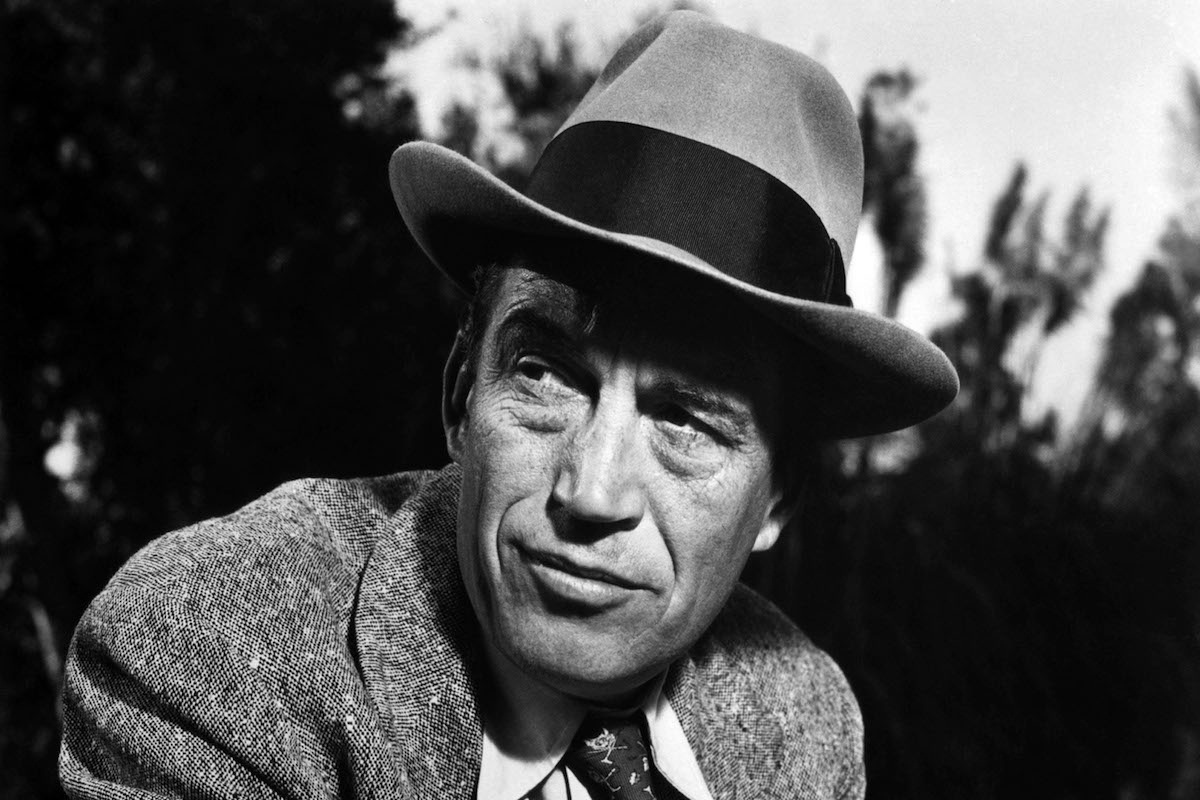
John Huston (1906 - 1987) directed a wealth of important films in the forties and fifties. "His directorial debut in 1941 brought him attention, and his films of the late forties and early fifties led to his perhaps being overpraised. The criticism of his films of the late fifties and early sixties tended to undervalue his skills. Many critics and historians prefer directors with more flamboyant styles, but Huston's best work provides a balance between substance and style that few directors can match." - from American National Biography
Famous films include:
The Maltese Falcon
Treasure of the Sierra Madre
The African Queen
The Asphalt Jungle
-
John Huston's Filmmaking by
Publication Date: 1997In this study, Lesley Brill shows Huston's films to be far more than formulaic adventures of masculine failure, arguing instead that they demonstrate the close connection between humanity, the natural world, and divinity. -
John Huston: Interviews by
Publication Date: 2001In these interviews ranging from 1952 to 1985 Huston talks about his approach to directing, the influence of painting upon his camera work, his association with stellar actors (Humphrey Bogart, Montgomery Clift, Errol Flynn, Marilyn Monroe, and others), his beginnings in Hollywood as a screenwriter, and the influence that the authors James Joyce and Ernest Hemingway had on his movies.
-
"The African Queen" and John Huston's FilmmakingCriticism from Cinema Journal (1995).
-
Fathers and Sons: An Exploration of The Treasure of the Sierra MadreReflective criticism from Literature/Film Quarterly (2004).
-
From Book to Film - Via John HustonCriticism from Film Quarterly (1969).
Alfred Hitchcock
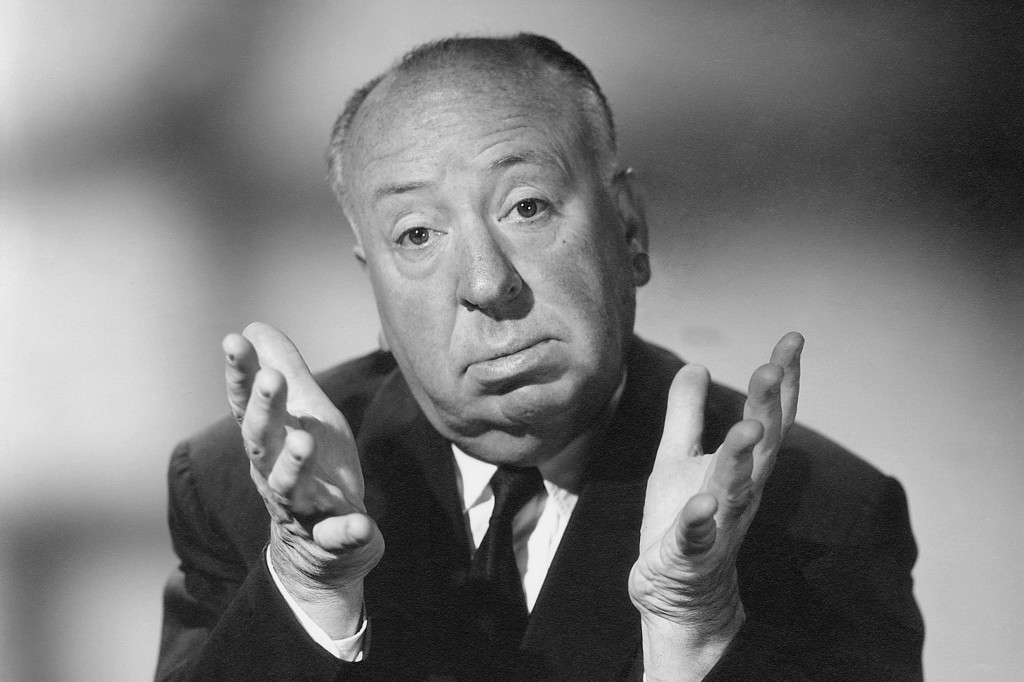
Alfred Hitchcock (1899 - 1980) is consistently lauded as one of the greatest directors of all time, in both popular and critical responses to his films. His thriller, suspense, and horror films have become a benchmark against which all others are measured. His films are important for their technical execution and the way they delve into the human psyche. "His reputation has survived because of the great range of his work but also because many of his films have been able to sustain a diversity of interpretations." - from American National Biography
Famous films include:
The Birds
Psycho
Vertigo
North by Northwest
-
Alfred Hitchcock by
Publication Date: 2005Nicholas Haeffner provides a comprehensive introduction to Alfred Hitchcock's major British and Hollywood films, navigating the audience through a wealth of critical commentaries. -
Alfred Hitchcock Encyclopedia by
Publication Date: 2016Several decades after his last motion picture was produced, Alfred Hitchcock is still regarded by critics and fans alike as one of the masters of cinema. In The Alfred Hitchcock Encyclopedia, film critic Stephen Whitty provides a detailed overview of the director's work with in-depth critical entries on each of his major films as well as biographical essays on his most frequent collaborators.
-
Desire and Monstrosity in the Disaster Film: Alfred Hitchcock's The BirdsCriticism from Contagion (2010).
-
Hitchcock and ShakespeareCriticism from The Threepenny Review (1982).
-
VertigoCriticism from Film Quarterly (2008).
Jane Campion
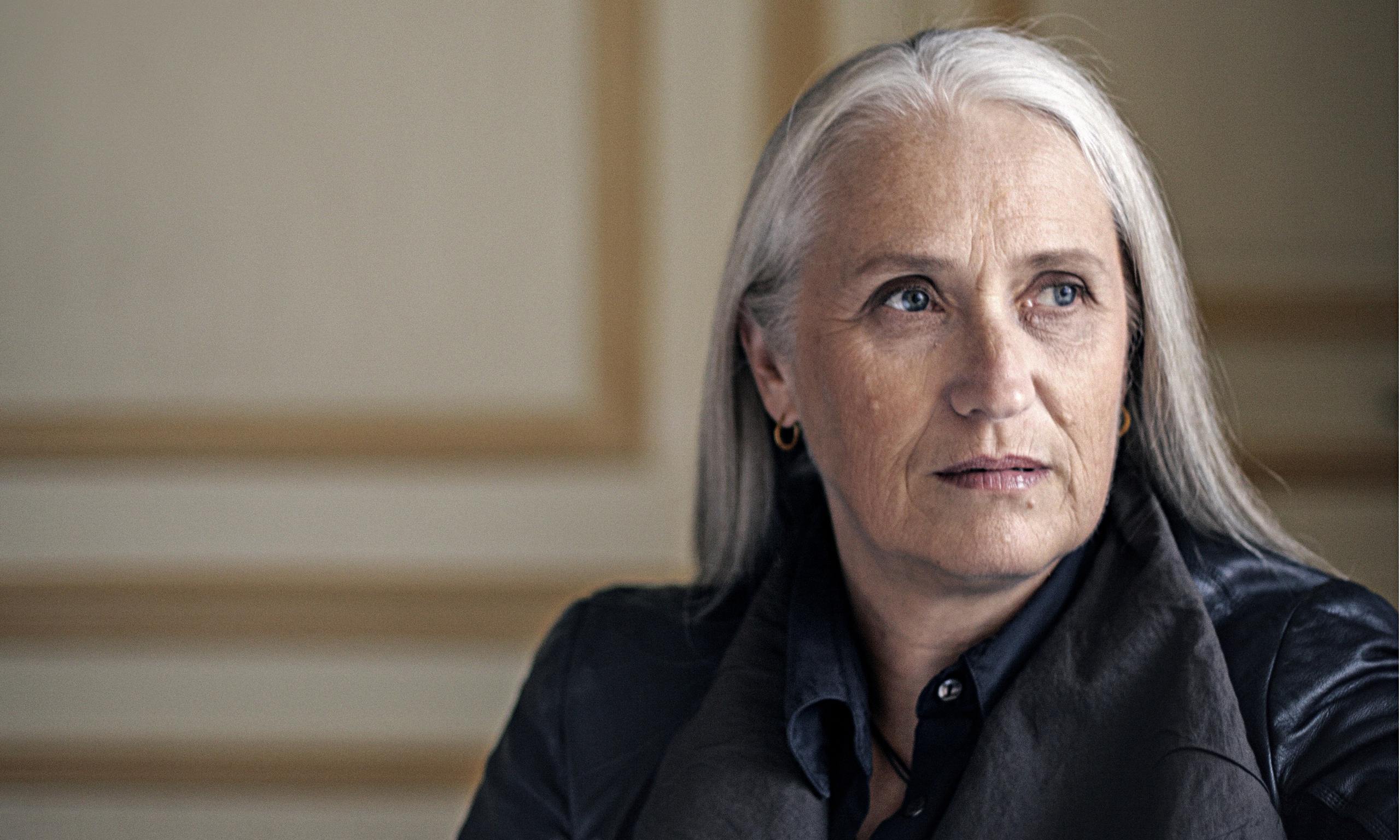
Jane Campion (1954 - ) is one of only four female directors to ever be nominated for the Academy Award for Best Director. Her films tend to "reflect her empathy for strong-willed, often misunderstood women who refuse, or are unable, to subscribe to their respective societies' definitions of womanhood." - from Biography Reference Bank
Famous films include:
The Piano
Bright Star
Sweetie
-
Jane Campion by
Publication Date: 2008Jane Campion is one of the most celebrated auteurs of modern cinema and was the first female director to be awarded the prestigious Palme d'Or. Throughout her relatively short career, Campion has received extraordinary attention from the media and scholars alike and has provoked fierce debates on issues such as feminism, colonialism, and nationalism. In this detailed account of Jane Campion's career as a filmmaker, Deb Verhoeven examines specifically how contemporary film directors 'fashion' themselves as auteurs - through their personal interactions with the media, in their choice of projects, in their emphasis on particular filmmaking techniques and finally in the promotion of their films. -
Jane Campion's the Piano by
Publication Date: 1999Jane Campion's The Piano is one of the most unusual love stories in the history of cinema. Rejecting virtually every stereotype of the romance genre, it poses a wholly new set of questions about relationships between men and women, and marriage in particular, as well as issues related to colonialism and property ownership. This volume examines The Piano from a variety of critical perspectives.
-
"Sounds that Creep Inside You": Female Narration and Voiceover in the Films of Jane CampionCriticism from Style (2001).
-
The (Un)Speakable FEMININITY in Mainstream Movies: Jane Campion's "The Piano"Criticism from Cinema Journal (2005).
Spike Lee
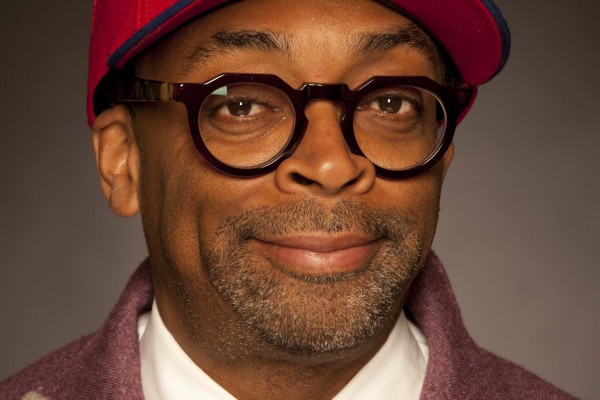
Spike Lee (1957 - ) often uses controversial issues dealing with racial stereotypes, socioeconomic critique, and other forms of marginalization. "From his earliest days as a student filmmaker, Lee has shown a willingness to tackle prickly issues of relevance to the African American community—and has savored every ounce of controversy his films invariably produce." - from Contemporary Black Biography
Famous films include:
She's Gotta Have It
Malcolm X
School Daze
Do the Right Thing
-
Fight the Power: The Spike Lee Reader by
Publication Date: 2008Bringing together seminal writings from classic scholarship to new research, this book focuses on this revolutionary film auteur and cultural provocateur to explore contemporary questions around issues of race, politics, sexuality, gender roles, filmmaking, commercialism, celebrity, and the role of media in public discourse. -
Spike Lee by
Publication Date: 2014In this first single-author scholarly examination of Spike Lee's oeuvre, Todd McGowan shows how Lee's films, address crucial social issues such as racism, paranoia, and economic exploitation in a formally inventive manner. McGowan argues that Lee uses excess in his films to intervene in issues of philosophy, politics, and art.
-
She's Gotta Have ItReview from Cinéaste (1987).
-
Spike Lee, Corporate PopulistCriticism from Critical Inquiry (1991).
-
Subject to Countermemory: Disavowal and Black Manhood in Spike Lee’s Malcolm XCriticism from Signs (2002).
-
True Terror: The Haunting of Spike Lee's "25th Hour"Criticism from African American Review (2012).
Martin Scorsese
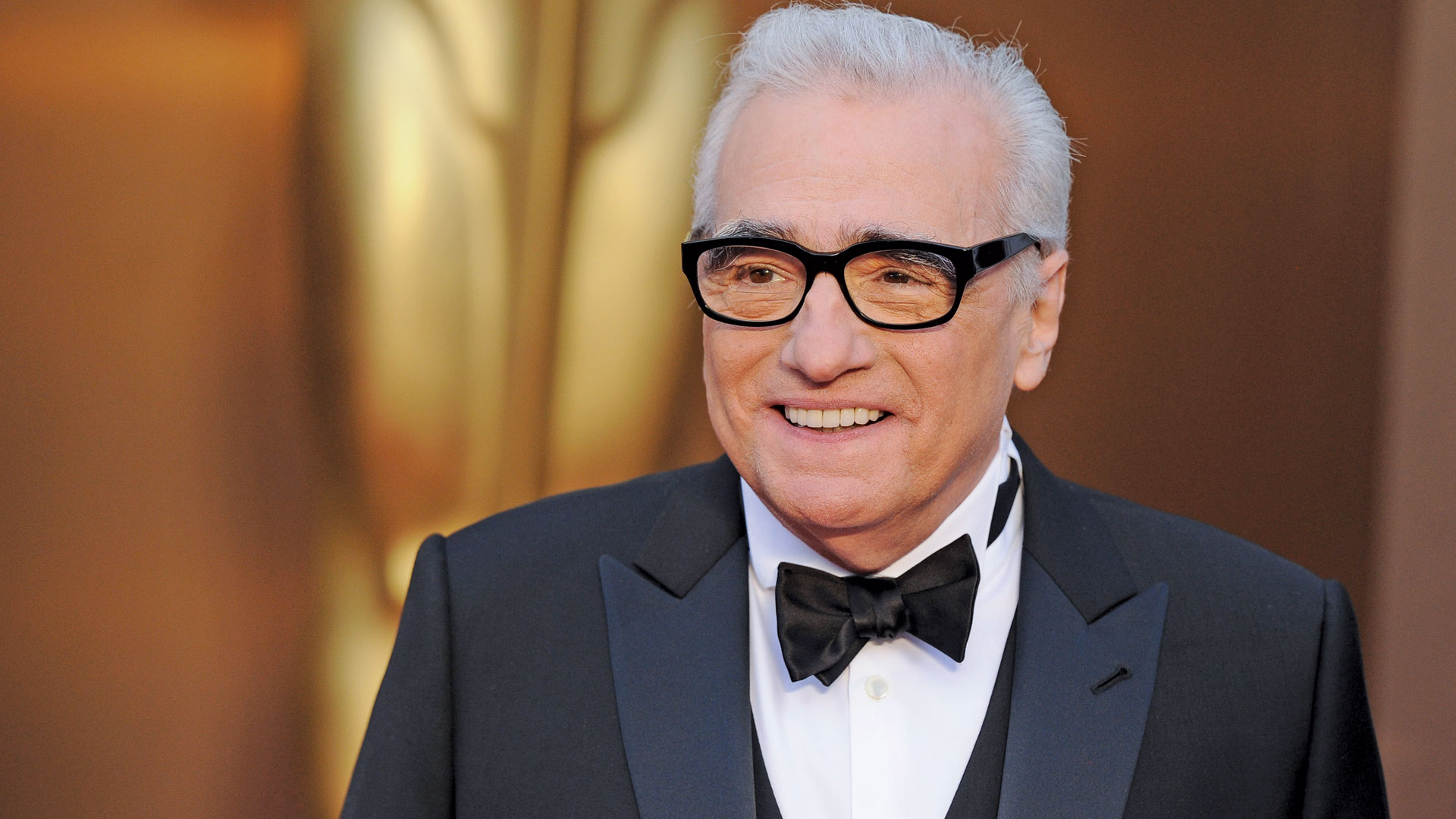
Martin Scorsese (1942 - ) has a career spanning several decades with films lauded for their critical and often subversive themes. "Scorsese's work has often been lauded for its innovative style, characterized by his signature tracking shots, his use of slow motion and voiceover narration, and his unusual approach to narrative, with segments from the middle of the story sometimes opening the film. He is also noted for the weighty, often disturbing themes he has explored; the characters in Scorsese's films--many of them Italian-American--struggle with issues of guilt, redemption, and personal honor while reflecting the corrupting influence of violence and greed in modern American society." - from Bio Reference Bank
Famous films include:
Taxi Driver
Goodfellas
Raging Bull
The Wolf of Wall Street
-
A Companion to Martin Scorsese by
Publication Date: 2014A Companion to Martin Scorsese is a comprehensive collection of original essays assessing the career of one of America's most prominent contemporary filmmakers. Considers Scorsese's place within the history of American and world cinema; his work in relation to auteur theory; the use of popular music and various themes such as violence, ethnicity, religion, sexuality, gender, and race in his films, and more -
Martin Scorsese's America by
Publication Date: 2009Cashmore's book discloses how, collectively, Scorsese's films present an image of America. It's an image assembled from the perspectives of obsessive people, whether burned-out paramedics, compulsive entrepreneurs, tortured lovers, or celebrity-fixated comedians. It's collected from pool halls, taxicabs, boxing rings and jazz clubs. It's an image that's specific, yet ubiquitous.
-
GoodfellasReview from Film Quarterly (1991).
-
Masculinity, Violence, Resistance: A New Psychoanalytic Reading of Raging BullCriticism from Atlantis (2007).
-
Prospero's Muccs: The Meaning of Martin Scorsese's Italian American DialectCriticism from Italian Americana (2010).